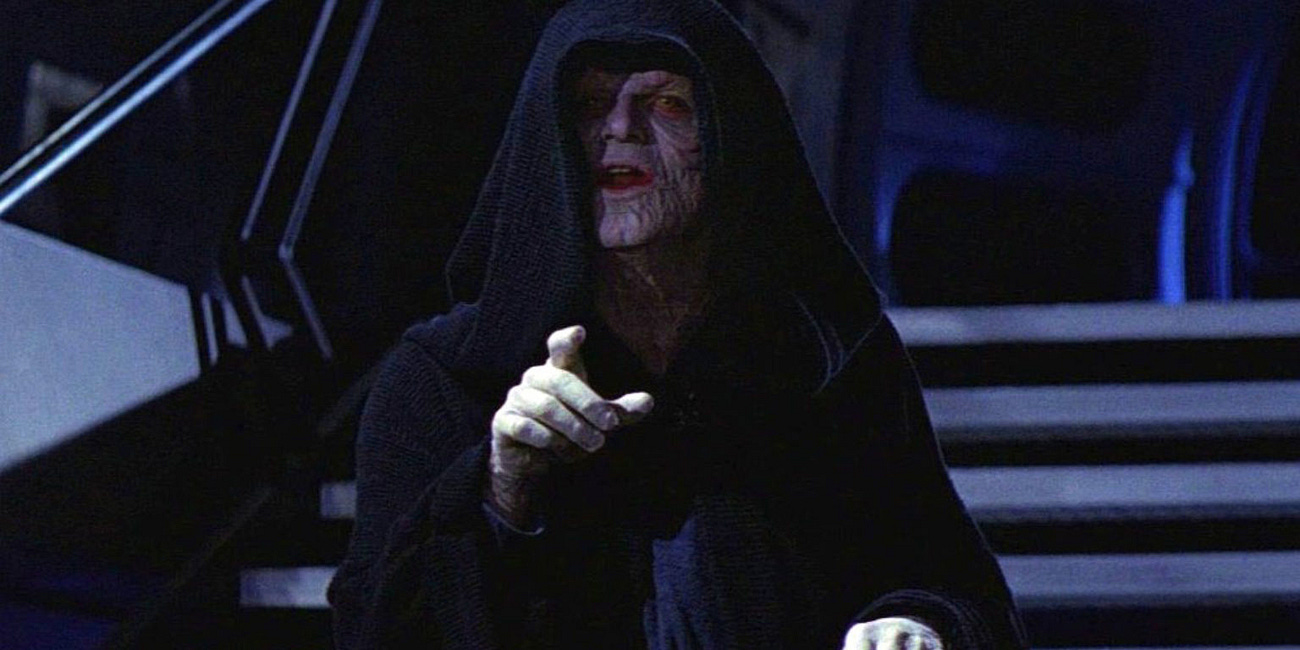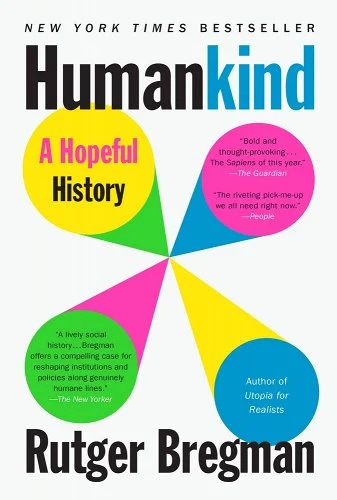Have you considered going on a internet cleanse?
Purge yourself of algorithmic toxins and align your informational chakras!
At I write this, Ben Shapiro is lighting Barbies on fire because he’s furious about the “woke” movie about a plastic toy. Jason Aldean, a country music star, is currently riding a wave of right-wing joy on the heels of putting out a song that kinda sounds like he’s advocating the murder of leftists. Elon Musk has turned the platform “Twitter” from one of the most vital spaces for journalists and activists on the internet into a right-wing troll hole, which he has renamed X — though the site remains, confusingly, non-pornographic.
This, as you read, maybe two weeks in the future, is insanely old news, because I’ve gotten a bit ahead of the curve on my publishing schedule, and the discourse has been through maybe 70 other controversies since I wrote these words.
All of these other controversies will have faded into a blur as well, in spite of having taken up hundreds of hours of media coverage and hand-wringing. In 20 years, no one will remember the Barbie controversy, or the Aldean controversy. Because these things never truly mattered, they were just media spectacles designed to capture and hold our attention.
This is what the modern internet is — it’s an attention capture machine. The more attention seized, the more ads sold. So if you want to sell ads, it behooves you to have a media landscape that is as outrageous as possible. I have written about this attention machine elsewhere (see the article below), and since the election of Donald Trump, more and more of America has woken up to the very real dangers of having this toxic of a news cycle. The problem is: we all still want to be informed citizens.
PSA: If you engage with something you hate online, you are promoting it
There is a single person on the internet whom you do not want to negatively engage with your content, and that is Greta Thunberg. If Greta Thunberg owns you, you will literally go to jail. That story, if you missed it, came at the end of 2022, when “Manosphere” personality and general all-around douchebag Andrew Tate attempted to troll Thunberg by bragg…
Books over Feeds
In his book Humankind: A Hopeful History, writer Rutger Bregman tells of an experiment he did where, for a while, he gave up digital news media. This is unthinkable for a lot of us in the modern era, but Bregman suspected that he would not only get more information but better information if he switched from reading Tweets and Facebook posts to reading actual books.
What he found was that his attention span increased, the quality of his knowledge deepened, and he was less pessimistic about the future.
This is not because the writers of books are inherently more optimistic. The structure of books, however, requires that its writers deploy a different set of tools to hold your attention over the long run than they would if they were writing, say, a Substack post or a TikTok video.
This is because shock and outrage is good at getting attention, but it is really bad at holding attention. The reason is obvious, if you’ve ever spent a few too many hours on the internet: sustained outrage is depressing and exhausting.
For book authors, the length of the form means that you have to reward your readers with something other than pure emotion. It is a medium that rewards complexity and nuance in a way that essay writing simply doesn’t. What this means is that the information you get in long form writing is, on average, less depressing and more nuanced than it is in article or essay form.
To give an example: The Sixth Extinction by Elizabeth Kolbert should be a stone-cold bummer of a book. It tracks the ongoing sixth mass-extinction in earth’s history. This current extinction is caused by mankind’s industrial expansion into the natural world. It’s a sad, even terrifying story. But Kolbert’s telling of it over 319 pages fails to ever reach the same levels as the worst bleak, doom-scrolly content on the internet. This is because she contextualizes the Sixth Extinction in mankind’s history: mankind has always been a destructive species, destroying the megafauna on every continent it has migrated to, and always altering the landscape. Further, she emphasizes that life will continue after the Sixth Extinction, much as it did in the others, it’ll just look different, and it will give new species a chance to shine. Finally, the book concludes with efforts mankind is making to stop the Sixth Extinction. These efforts are the difference between this mass die-off and the others: the Dinosaurs had no capability to turn back the massive asteroid that caused their deaths. We have the ability to turn back ours.
It is this sort of complexity and nuance that makes books less depressing on average1. An article or social media post — even a well-written one — about the Sixth Extinction would not be able to get to the core argument and still have time and space for the complexities.
The Internet Cleanse
There’s an argument to be made then, for purging your feed of internet trash for a while, as a sort of mood and informational reset. The librarian in me would love to tell you to do as Bregman did, and just read books, but that’s not necessary: you can still be on the internet. The question is just which internet.
The thing is, there still is a good internet out there — one structured more to inform mankind than to hold it, zombie-like, in a trance. The most prominent example of this internet is Wikipedia, which we were told as kids was an unreliable resource because “just anyone” could edit it.
As it turns out, this is actually an excellent model for crowd-sourcing a universal encyclopedia, as it means misinformation can quickly be clarified, corrected, or removed by one of the sites thousands of volunteers. Because of this, it has been found to be at least as reliable as its primary competitor, the Encyclopedia Britannica. Modern journalists and fact-checkers frequently rely on Wikipedia because of its rigorous sourcing system — even if something on the page is incorrect, any reader can check its source themselves to find out how reliable it is.
A huge part of the reason for Wikipedia’s reliability is that its model is inherently democratic and, vitally, it is a non-profit. While Wikipedia is the seventh most-visited website in the world, its founder Jimmy Wales is not even a billionaire. His net worth, the New York Times estimates, is just over $1 million.
By choosing not to monetize his project, Wales is a modern Jonas Salk, giving up a vast fortune for the public benefit.
This internet still exists out there, buried underneath all of the advertisements and algorithms, and this internet is still worth your time and attention. There are huge research databases that are publicly available to you as well (this TikTok post won’t embed properly, but it has a list of some of them), and most academics will send you free copies of their research if you email them.
That type of information might be slightly less digestible than the zingy, quippy, doomscrolly clickbait on social media, but choosing it will have the same effect as choosing a salad over 6 slices of pizza: you’ll have an easier time getting out of bed after consuming it.
Another way to do an Internet Cleanse (without leaving the internet entirely) is to avail yourself of your local library’s resources: libraries are far more than books these days, and many of them now offer eBooks, audiobooks, streaming video and music, research databases, and online learning courses. The most common app employed to these ends is OverDrive, better known as Libby. I actually have OverDrive synced to my eReader, so I can borrow books automatically through their search function.
Regardless: if you’re in a place where you’re prioritizing your mental health, you need to know that you don’t have to sacrifice being informed to have a little less doom and outrage in your life.
Unless you’re reading like, Cormac McCarthy’s The Road. Or any McCarthy, for that matter.






